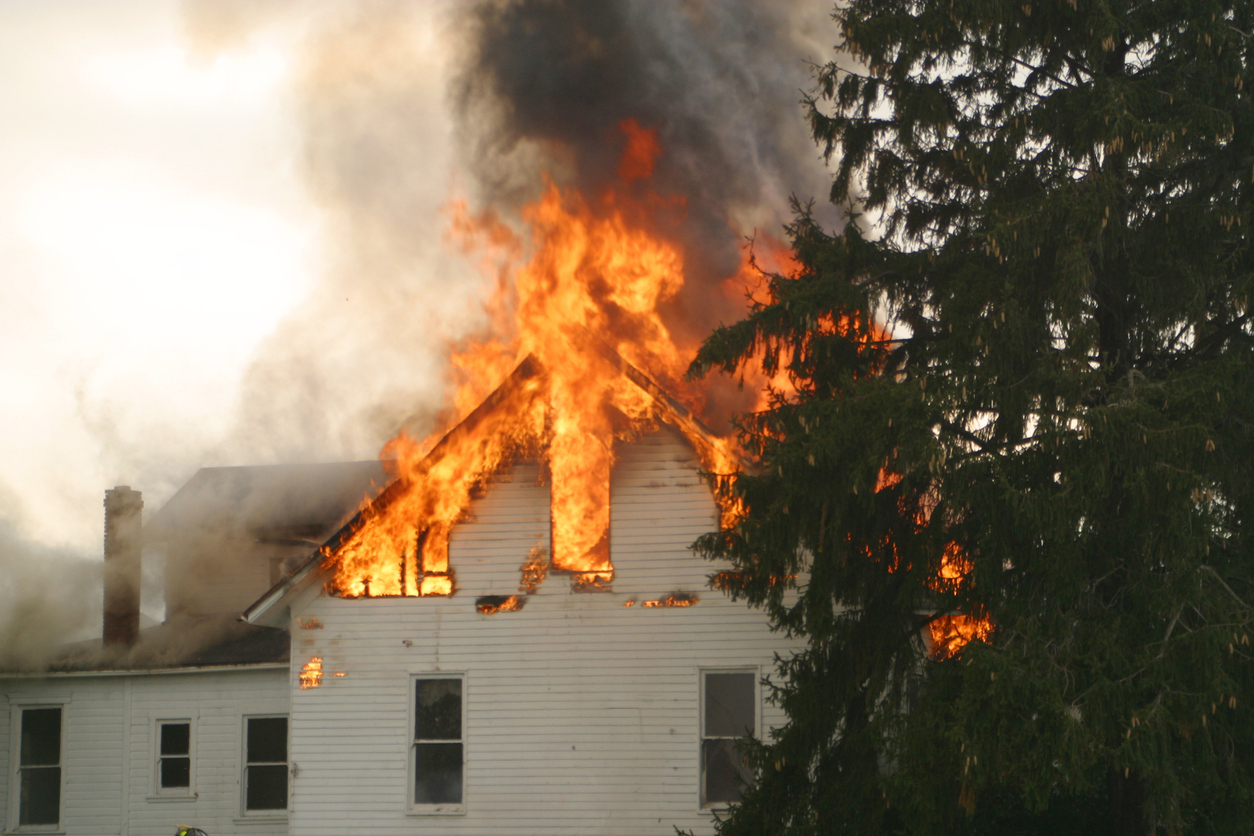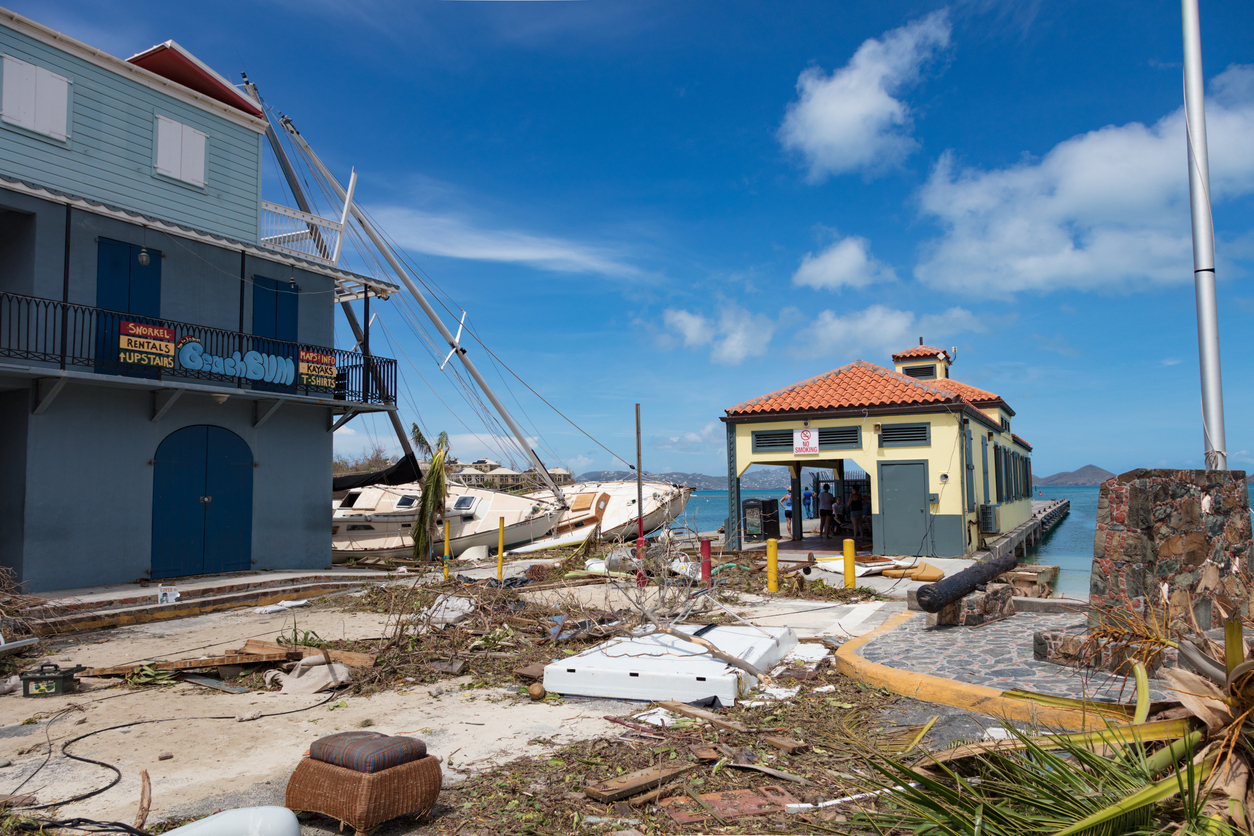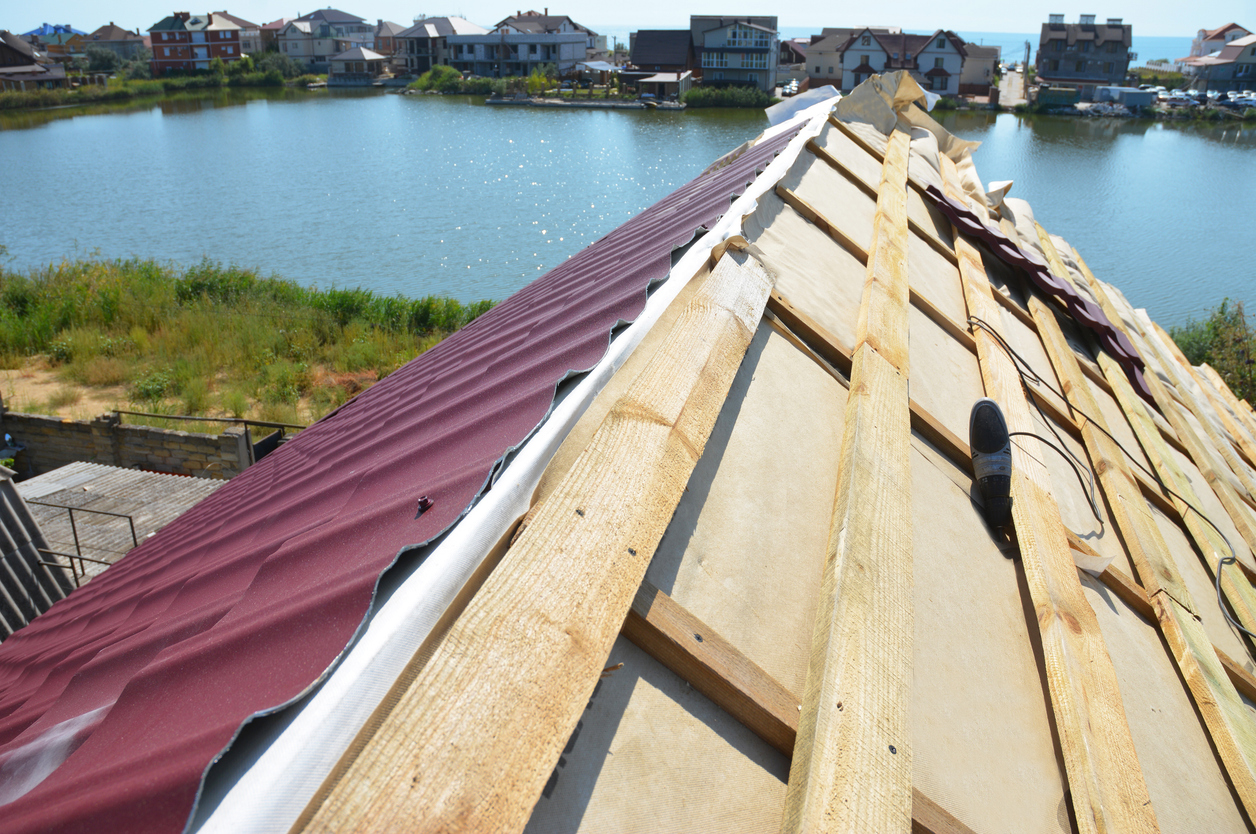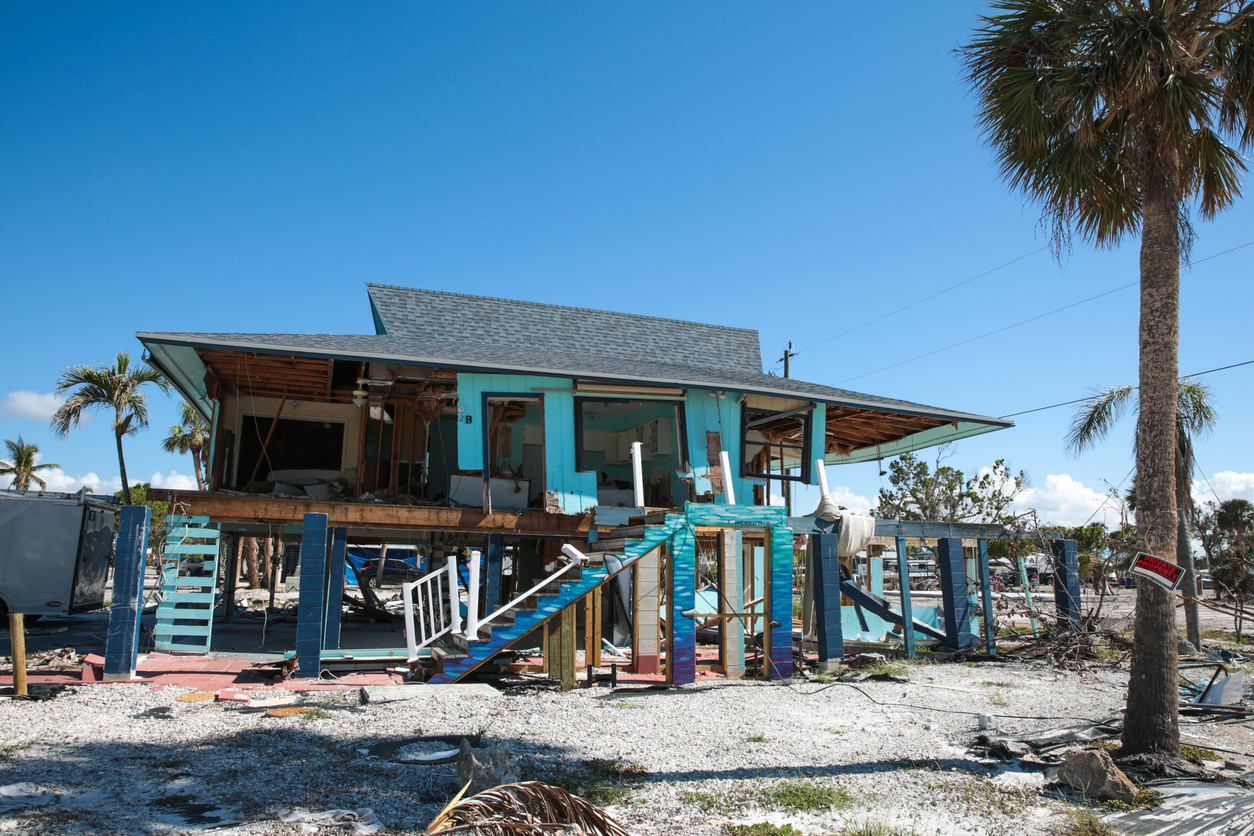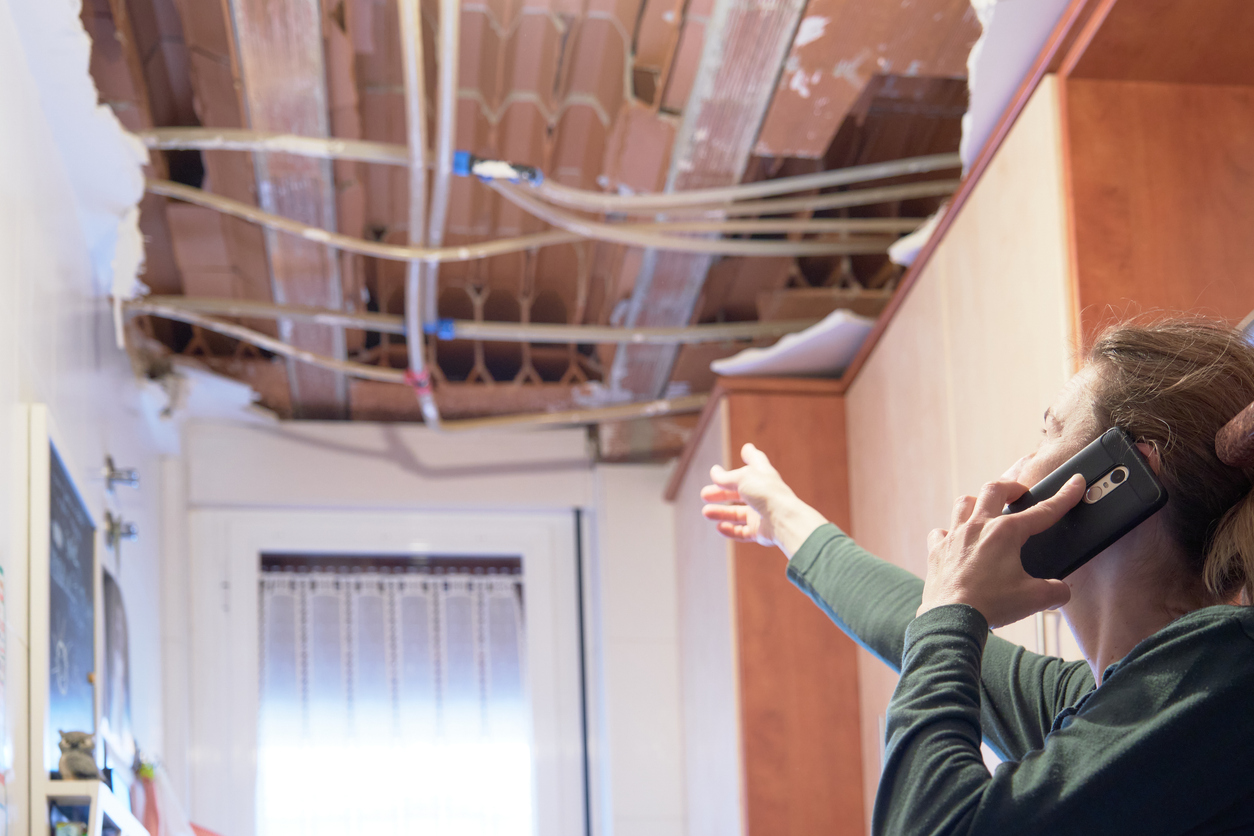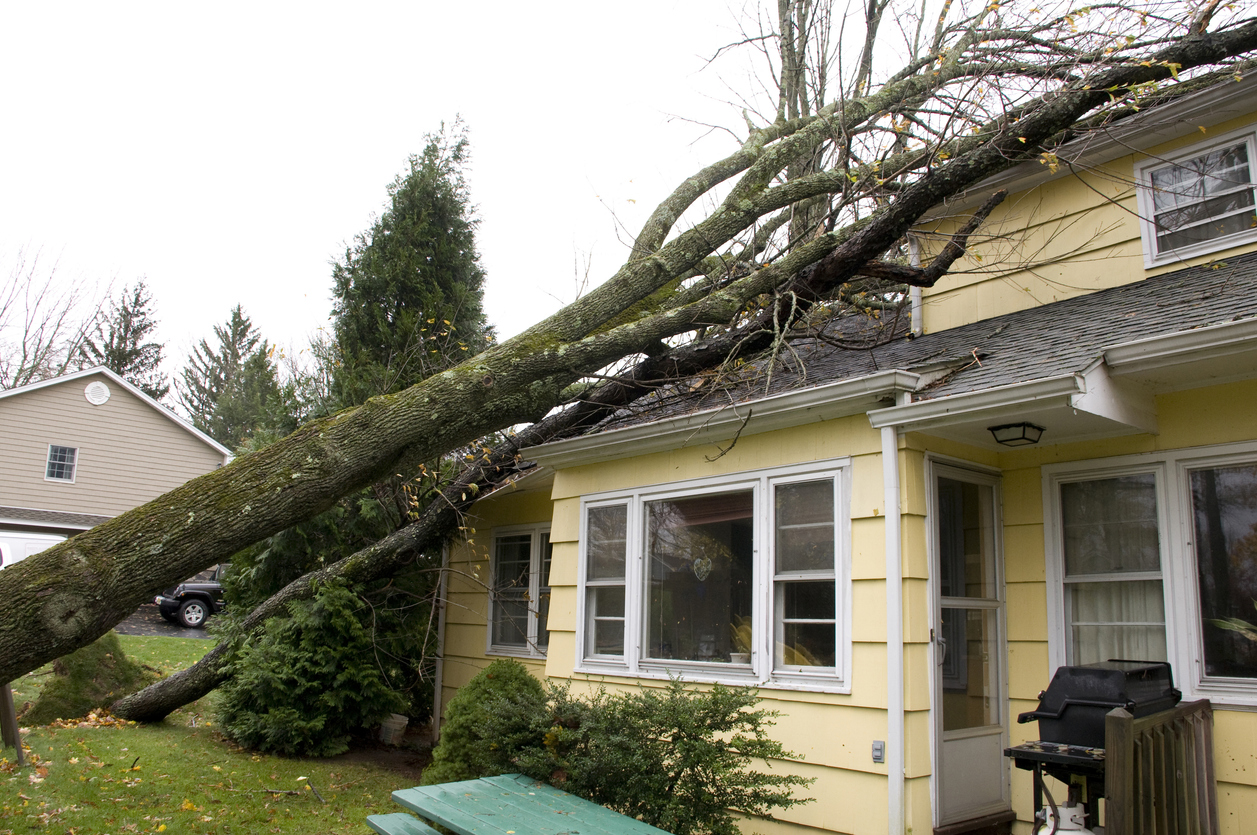Hurricanes are a harsh reality for homeowners in Florida, and Hurricane Helene 2024 is no exception. The storm has left many homes damaged, and as the recovery process begins, navigating the insurance claim process is one of the most important tasks for homeowners. Ensuring that your home is properly repaired and covered by your insurance policy can be a stressful and complex process. This guide provides essential tips to help you recover smoothly from Hurricane Helene and manage your insurance claims effectively.
Assessing Damage After Hurricane Helene
After Hurricane Florida events like Helene, the first step for homeowners is to assess the damage. This assessment will form the foundation for your insurance claim, so it’s essential to be thorough.
Key Areas to Inspect
- Roof and Gutters: Look for missing or damaged shingles, debris on the roof, and clogged gutters.
- Windows and Doors: Check for cracks, broken glass, and any warping that may have occurred due to strong winds or flying debris.
- Interior Water Damage: Examine ceilings, walls, and floors for signs of water intrusion, including discoloration, bubbling paint, or soft drywall.
- Foundation and Landscaping: Inspect your home’s foundation for any cracks or shifts, and take note of any damage to trees or landscaping that could cause further issues.
Documenting this damage thoroughly with photographs and notes will be essential when filing your claim.
Step-by-Step Guide to Filing a Hurricane Insurance Claim
Filing a claim after Hurricane Helene 2024 requires careful planning and attention to detail. Following these steps can ensure that your claim is processed quickly and accurately.
1. Contact Your Insurance Company
Once you’ve assessed the damage, the first thing you should do is contact your insurance provider. Most insurance companies have dedicated hotlines for storm-related claims. Be prepared to provide:
- Your policy number
- A detailed description of the damage
- Any emergency repairs you’ve already completed
Your insurance company will likely assign a property claims adjuster to inspect the damage and determine the cost of repairs.
Property Claims Adjuster services can help ensure that the damage to your home is properly evaluated and compensated.
2. Document Everything
The more evidence you have, the stronger your claim will be. Take photographs and videos of all the damage, both inside and outside your home. Be sure to document:
- Broken windows
- Roof damage
- Water stains and leaks
- Debris in and around your property
These images will be crucial for proving the extent of your losses to your insurance company.
3. Mitigate Further Damage
Most homeowners insurance policies require you to take reasonable steps to prevent further damage to your home after a storm. This could include:
- Tarping a leaky roof: Prevent more water from entering your home.
- Boarding up broken windows: Secure your home from additional damage or theft.
- Drying out wet areas: Use fans or dehumidifiers to prevent mold growth.
Keep all receipts for any materials or services you use, as your insurance company may reimburse these expenses.
4. Work with the Adjuster
Your insurance company will send an adjuster to inspect the damage and determine the payout for your claim. To ensure a fair settlement:
- Be present during the inspection: Walk through the property with the adjuster to point out all areas of damage.
- Share your documentation: Provide the adjuster with your photos, videos, and notes.
- Ask questions: Make sure you understand how the adjuster is calculating the costs and whether any exclusions apply.
In some cases, it may be beneficial to hire a public adjuster to represent your interests. Public adjusters work on behalf of the homeowner to negotiate a higher payout, ensuring that you receive fair compensation for all the damage to your property.
Public Adjuster Orlando services can assist homeowners in maximizing their insurance settlements.
Common Challenges in Hurricane Insurance Claims
Navigating the insurance claim process after a hurricane can be complicated, and many homeowners face common challenges. Here are a few issues you might encounter and how to handle them.
1. Delayed Claim Processing
After a major hurricane like Hurricane Helene, insurance companies often deal with a surge in claims, which can lead to processing delays.
Solution: Stay in regular contact with your insurance company to track the status of your claim. Document all communications, including phone calls and emails, so you can follow up as needed.
2. Disputes Over Damage Assessment
Insurance adjusters may sometimes undervalue the extent of the damage, especially with roof and water-related issues.
Solution: If you disagree with the adjuster’s assessment, provide additional documentation and contractor estimates that support your claim. If necessary, hire a public adjuster to advocate for a fair settlement.
3. Exclusions in Your Policy
Some types of hurricane damage, such as flood-related damage, may not be covered under standard homeowners insurance policies.
Solution: Review your policy carefully and ask your insurer for clarification. If flood damage is not covered, you may need to file a separate claim with the National Flood Insurance Program (NFIP).
How to Maximize Your Insurance Claim Payout
To ensure you receive the full compensation you deserve after Hurricane Helene, it’s important to be proactive during the claims process. Here are a few strategies for maximizing your payout:
1. Get Multiple Repair Estimates
Before agreeing to a settlement with your insurance company, obtain estimates from several contractors to ensure the proposed payout is sufficient to cover the full cost of repairs. If the insurance company’s offer is too low, use the estimates to negotiate a higher amount.
2. Don’t Settle Too Quickly
Insurance companies may offer a quick settlement, but this initial amount may not fully cover the extent of your repairs. Take your time to assess all the damage before agreeing to a settlement.
3. Consider Hiring a Public Adjuster
If you’re struggling to navigate the claims process or feel your insurance company is not offering a fair settlement, a public adjuster can be a valuable asset. They will work on your behalf to negotiate the best possible payout.
Learn more about how to handle homeowners insurance claims at Homeowners Insurance Claims.
Avoiding Common Pitfalls in the Claims Process
To ensure a smooth insurance process, avoid these common mistakes:
- Not filing your claim quickly enough: After a hurricane, time is of the essence. Delaying your claim could lead to further complications or even denial.
- Ignoring minor damage: Even small cracks or leaks can lead to bigger problems if not addressed. Make sure to document and report all damage, no matter how insignificant it may seem.
- Failing to understand your policy: Review your homeowners insurance policy carefully to understand what is covered and what is excluded.
Preparing for Future Hurricanes
While recovering from Hurricane Helene 2024, it’s important to consider how you can better protect your home against future storms. Here are a few proactive steps you can take to minimize damage from future hurricanes:
1. Upgrade Your Roof
A strong, well-maintained roof is your home’s first line of defense against hurricanes. Consider investing in hurricane-resistant roofing materials, such as metal or impact-resistant shingles.
2. Install Storm Shutters
Storm shutters protect your windows from flying debris during high winds. This can significantly reduce the risk of interior water damage and glass breakage.
3. Secure Outdoor Items
Loose outdoor furniture, garden tools, and other objects can become dangerous projectiles during a hurricane. Secure or store these items before a storm hits to reduce the risk of damage to your home.
Conclusion: Be Proactive for a Smooth Recovery
Recovering from Hurricane Helene can be a challenging process, but by taking the right steps and working closely with your insurance company, you can ensure a smooth and successful recovery. From documenting damage and filing your claim to negotiating the best possible settlement, being informed and proactive is the key to navigating the post-hurricane insurance process.
If you need help managing your claim or want to ensure you receive the maximum payout, consider working with a public adjuster who can advocate on your behalf. Visit Public Adjuster Orlando for more information on how to get professional assistance with your insurance claim.
By following these tips, you can not only recover more effectively from Hurricane Florida disasters but also be better prepared for future storms.

